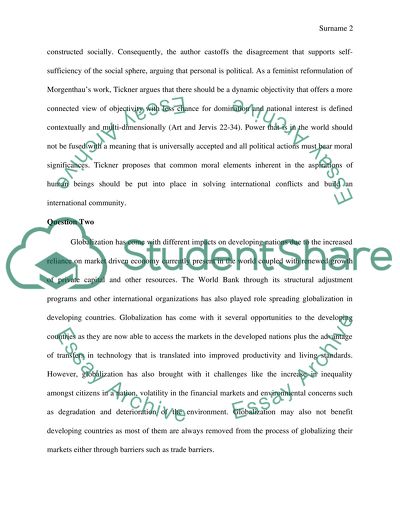Cite this document
(“Six Principles by Morgenthau Essay Example | Topics and Well Written Essays - 1500 words”, n.d.)
Retrieved from https://studentshare.org/history/1480637-6-questions
Retrieved from https://studentshare.org/history/1480637-6-questions
(Six Principles by Morgenthau Essay Example | Topics and Well Written Essays - 1500 Words)
https://studentshare.org/history/1480637-6-questions.
https://studentshare.org/history/1480637-6-questions.
“Six Principles by Morgenthau Essay Example | Topics and Well Written Essays - 1500 Words”, n.d. https://studentshare.org/history/1480637-6-questions.


